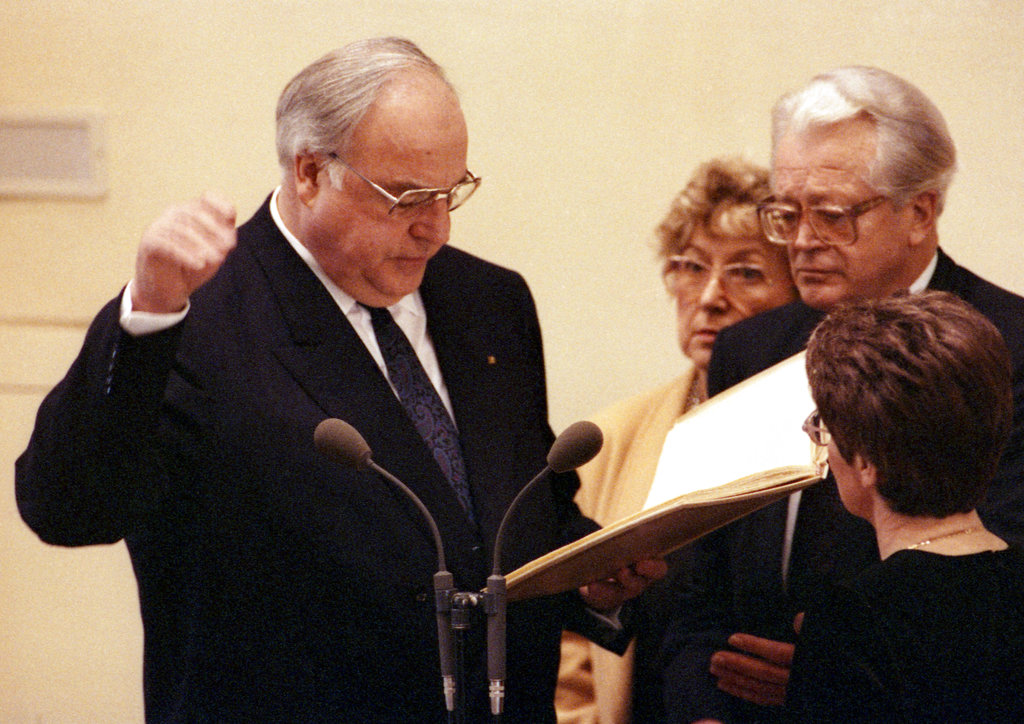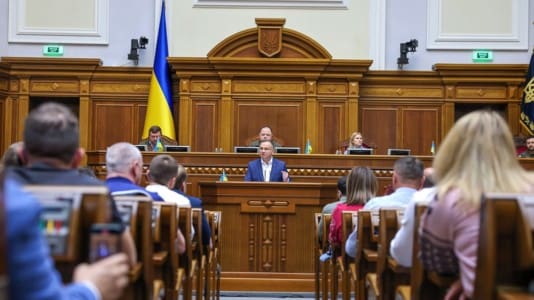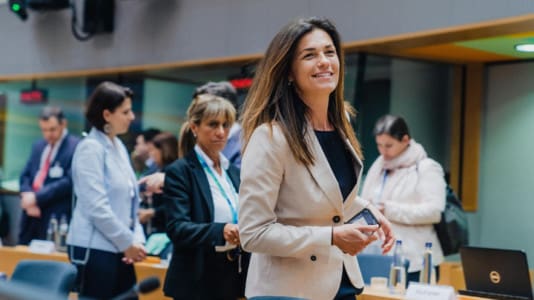Polish intelligence services had information that Germany was actively working to split the Solidarity political movement in the 1990s to keep a dominant political party from forming, all in order to make it easier for Germany to expand its economic interests in Poland, according to Polish professor Bogdan Musiał, who made the intelligence report public.
In 1989, Solidarity won the first partially free election in Poland after World War II and formed the first non-communist government, but from early on, Germany was working to blunt the growth of the party.
According to the source and the political and economic advisors to the German government, the optimal scenario would have been for Solidarity to disintegrate and for a “peasant party” to emerge under the guidance of the Catholic Church.
[pp id=6746]
The report quotes the source as saying that the splitting of Solidarity would “prevent the stabilization of political life in Poland and the emergence on the basis of restitution of a caste of small- and medium-sized entrepreneurs. This will give Germany the ability to expand its economic influence and industrial investment, and likely mean Poland would become a part of the German sphere of influence.”
Prof. Musiał claims that he has been aware for some time of this report but has decided to make it public after Der Spiegel published an article based on documents from 1991 that the then German Chancellor Helmut Kohl wanted to stop both the expansion of NATO to the east and independence of the Baltic states and Ukraine.
“This reminded me of the report from 1990 because that report said so much about Germany’s view of Poland.”
According to the professor, it shows that both Germany and Russia were interested in destabilizing Poland for their own ends.
Musiał concludes that “we must be realistic about Berlin and its interests, be aware of them and then look for common ground for joint action. But we have to be conscious of the fact that Germany will cynically pursue its own interests while cloaking it in a veneer of morality and ethics such as common values or European unity.”






